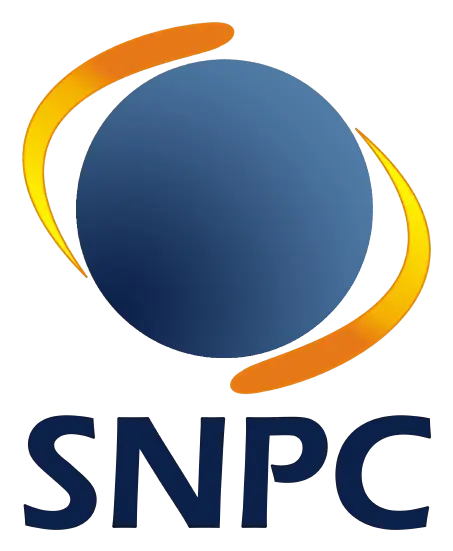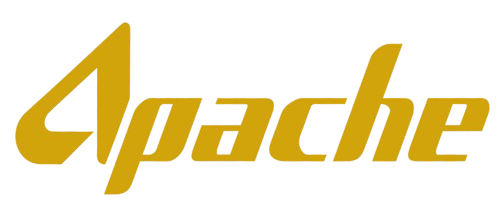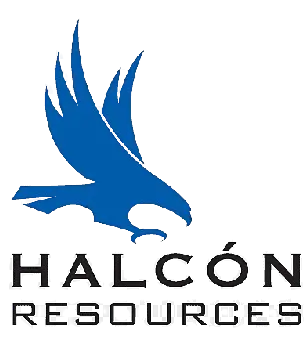All Courses
Use the filter below to navigate our courses
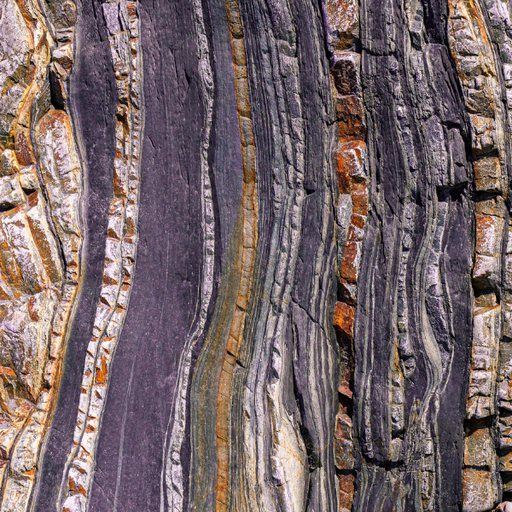
Description :
The goal of this course is for participants to understand the systems that generate fossil hydrocarbons. Such insights form the basis for the successful exploration and production of these valuable natural resources. This course addresses the origin, distribution and analysis of source rocks, geological structures, and sedimentary layers that allow petroleum accumulations to form in the subsurface, as well as the porous subsurface rock formations that store petroleum resources.
Contents:
- The dynamic Petroleum System Concept
- Organic Source for Oil and Gas
- Rocks Evaluation
- Expulsion, Migration and Reservoir Processes
- Expulsion, Migration and Reservoir Processes
- Worldwide Case Studies
Designed For: Geologists, geophysicists, reservoir engineers, petroleum engineers
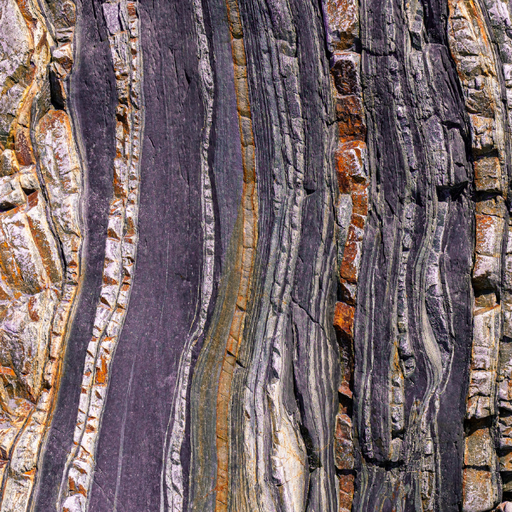
Description:
This course provides knowledge and unique tools for practical, systematic, predrill assessment of potentially recoverable oil and gas to use the best available methods - trap volumetrics and hydrocarbon charge for prospects, and potential numbers and sizes of prospects for plays to quantify risks and uncertainties and to provide insights for man-agers and reviewers in evaluating assessments, avoiding pitfalls, high-grading exploration opportunities, and planning selectively for the future.
Contents:
- Introduction
- Play Assessment
- Prospect Analysis and Generation
- Risk Analysis
Designed for: All the Oil & Gas technicians and engineers and non-technical managers interested in prospect assessment
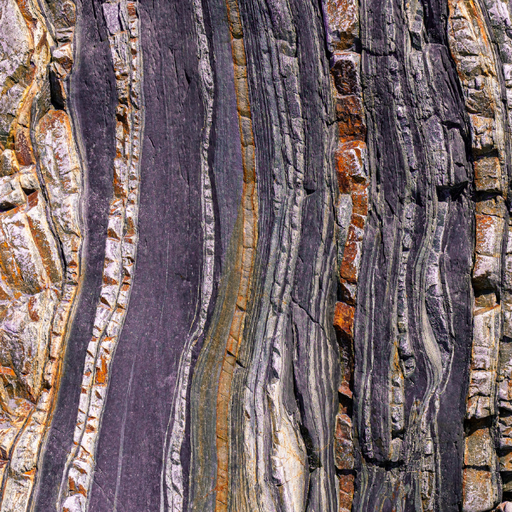
Description:
This course provides a unique opportunity to learn all the aspects related to the understanding and modeling of unconventional and fractured reservoirs. This course is useful to all geoscientists working on carbonate reservoirs and interested in deepening their knowledge of the impact of the natural fractures .
Contents:
- Introduction: Fractures
- Modeling Fractured Reservoirs
Designed For: Geologists, geophysicists, Petro physicists and petroleum engineers
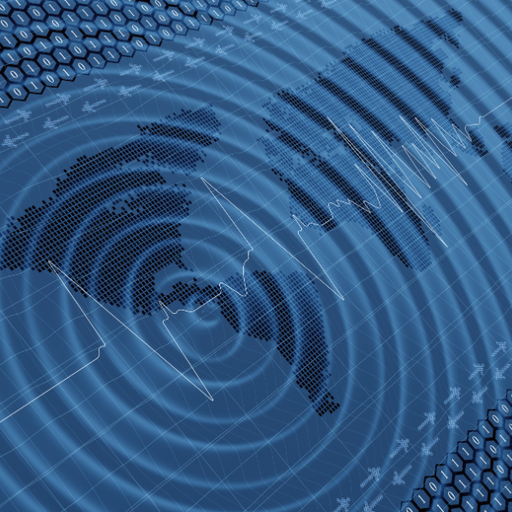
Description : This course covers seismic acquisition and processing techniques that form the basis for value-added seismic applications in exploration, field appraisal, and reservoir management
Contents:
- Seismic Waves Propagation & Signal Processing
- Seismic Acquisition
- Seismic Processing & Imaging
- Borehole Seismic
- Seismic Interpretation
- Seismic For Reservoir Analysis
- Summary, Synthesis & Wrap-Up
Designed For: Geophysicists, geoscientists, and engineers who are involved in seismic acquisition and processing
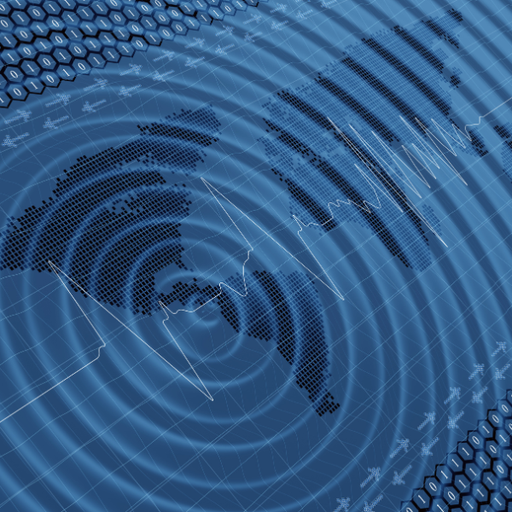
Description:
This course covers the theory and practice of the pre-stack conditioning for AVO analysis, the angle stack decomposition process and the AVO modeling. This training is also available as a 3-day course, with only the theoretical parts, and is designed for candidates with no experience with angle-stack decomposition and AVO modeling
Contents:
- General Introduction
- Pre-Stack processing and Conditioning
- Angle-Stack Decomposition
- Quality control and angle stack validation
- AVO modeling and analysis
- Summary, Synthesis & Wrap-Up
Designed For: Geophysicists, and technical staff who are interested in learning about angle-stack decomposition and AVO modeling
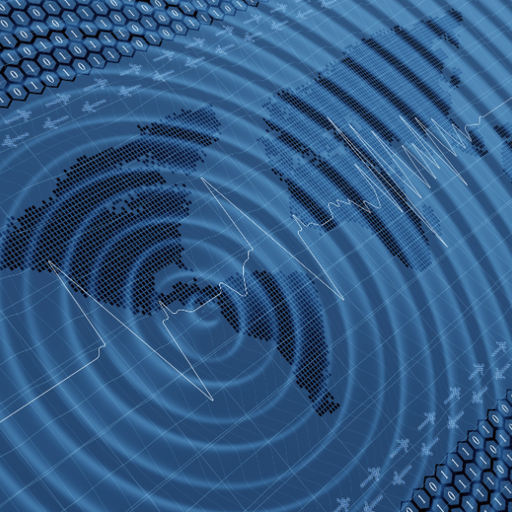
Description:
This course incorporates the concepts of sequence stratigraphy into the process of seismic interpretation and provides a stratigraphic model emphasizing the distribution of the reservoir.
Contents:
- General Introduction
- Seismic Stratigraphy & Tectonic Style
- Interpretation of seismic stratigraphy
- Stratigraphic model
- Seismic Attributes and Inversion in Stratigraphic Analysis
- Seismic Stratigraphy & Deposit Systems
- Summary, Synthesis & Wrap-Up
Designed For: Geophysicists and geologists
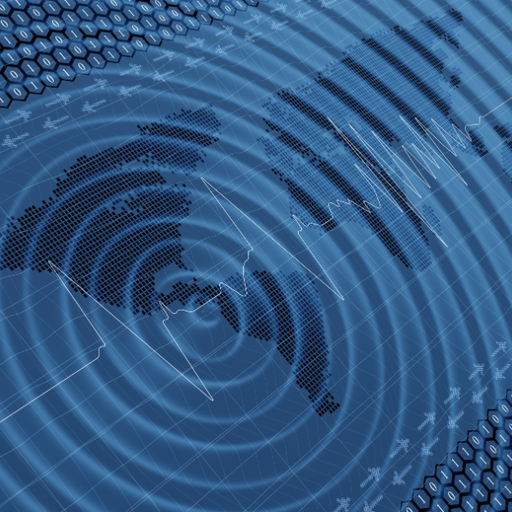
Description:
Depth conversion is a basic skill for seismic interpreters. However, there is no single methodology that is optimal for all cases since the available seismic and geologic control varies in quantity and quality within each project. This course helps interpreters to have a good understanding of the velocity types, chose the adequate method for velocity modeling, and make a depth-error analysis.
Contents:
- Overview of Depth Conversion
- Sources of Velocity
- Defining Velocity Types
- Functional Representation of Velocities
- Gridded Representation of Velocities
- Well and Seismic Data Integration
- Vertical Time-to-Depth Conversion (Single Layer)
- Vertical Time-to-Depth Conversion (Multi-Layer)
- Well/Seismic Database Validation
- Uncertainty Analysis
- Pitfalls of Vertical Depth Conversion
- Anisotropy and Depth Migration
- Calibration of Depth Migration with Wells
- Summary, Synthesis & Wrap-Up
Designed For: Geophysicists, geologists, petroleum engineers and technical staff who are meant to perform the velocity modeling process or quality check velocity models
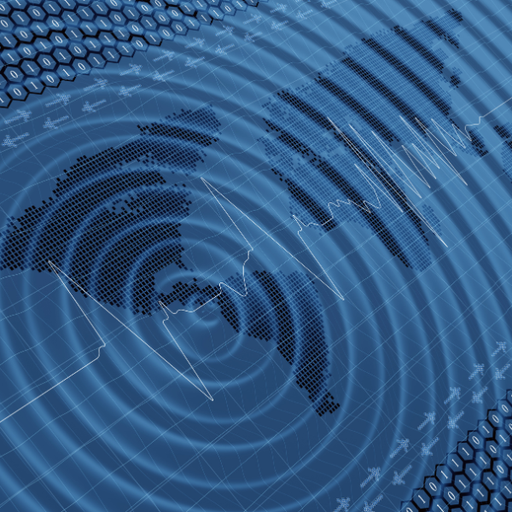
Description:
This course provides a good opportunity to learn how to build 3D models of reservoir properties using seismic and well data.
Contents:
- General introduction to geostatistical methods and Neural Net methods
- General introduction to geostatistical methods and Neural Net methods
- Modeling of fractures by continuous modeling
- Naturally Fractured Reservoir Engineering
- Summary, Synthesis & Wrap-Up
Designed For: Geophysicists, geologists and petroleum engineers.
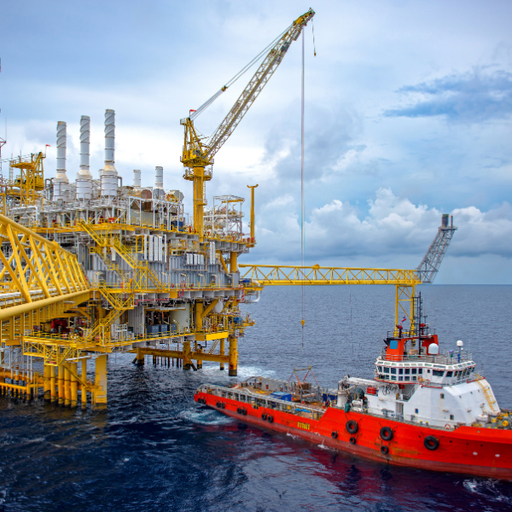
Description:
This course will explore the logging tools response to the properties of rocks and fluid content as well as the main applications and limitations of most of the existing open-hole logging technologies. The course also covers the advanced log interpretation techniques which will be explained using examples and exercises.
Content:
- Conductivity and nuclear logging tools
- Acoustic and geological logging tools
- Advanced logging tools and an introduction to training evaluation
- Saturation/Height Analysis
- Advanced Log Interpretation Techniques
DESIGNED FOR: Petro physicists
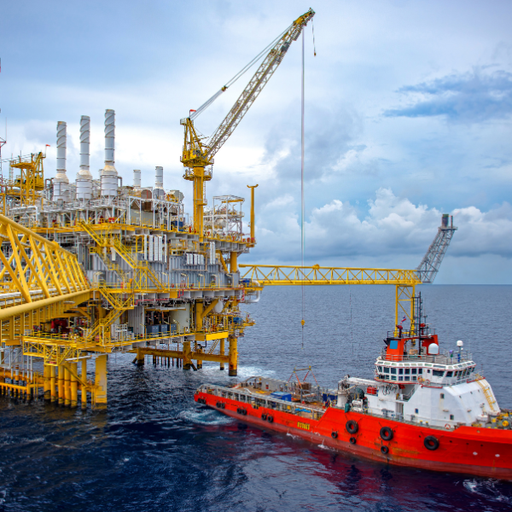
Description:
This course provides a deep understanding of the methods used to measure reservoir petrophysical properties from cores, logs and well tests data and, ultimately, correlate and integrate results for reservoir characterization and modeling. This training is also available as a 3-day course, designed for junior petrophysicists and technical staff interested in knowing more about the petrophysical properties
Content:
- Reservoir Properties from Conventional & Special Core Analysis
- Reservoir Properties from Log Evaluation
- Rock-Typing
- Pressure and Well Testing
- Data Integration for Reservoir Modeling
- Summary, Synthesis & Wrap-Up
Designed For: Petrophysicists, Geophysicists, geologists and all technical staff interested in petrophysics
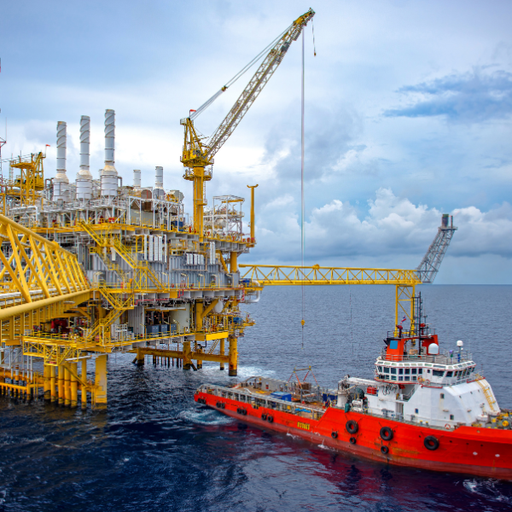
Description:
This course provides a comprehensive and practical understanding of methods, procedures and issues related to laboratory conventional analysis for describing and evaluating reservoir rock properties, and all considerations that should be considered for petrophysical and reservoir simulation models. This training is also available as a 3-day foundation course, to technical staff who want to get an overview of the core analysis.
Contents:
- Best Practice in Coring & Core Analysis .
- Conventional Core Analysis.
- Quality Control of Available Data.
- Design Of RCA Program.
- Summary, Synthesis & Wrap-Up.
Designed For: Petro physicists, Geophysicists, geologists and all technical staff interested in core analysis studies.
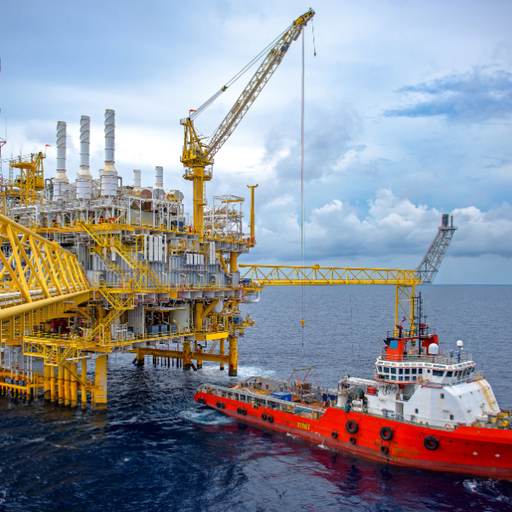
Description:
This course provides a comprehensive and practical understanding of methods, procedures and issues related to evaluation of special rock properties such as relative permeability and capillary pressure at laboratory and all considerations before their application in reservoir simulation.
Contents:
- Introduction
- Wettability and Wettability tests
- Electrical properties
- Capillary pressure
- Relative permeability
- Geomechanics tests
- Design Of SCAL Program
Designed For: Petrophysicists, Geophysicists, geologists and petroleum engineers
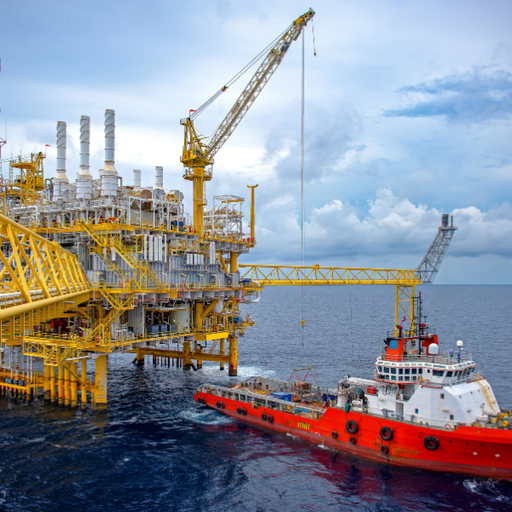
Description:
This course develops an integrated approach to rock-type determination combining raw logs, interpreted logs from petrophysical evaluation, core description, and laboratory petrophysical data (routine core analysis and special core analysis). It details the quality control and processing which are necessary before the integration of such data. Interpretation techniques allowing a consistent integration of these different sources of data are developed based on probabilistic classification schemes. Various means to ensure the consistency between lithofacies and petrophysical rock-types incorporating SCAL data are discussed. Alternative approaches for rock-type determination based on specific porosity/permeability models are also presented. Eventually it is shown how the full rock-typing scheme is validated through the modeling of initial water saturation.
Contents:
- General Workflow For Rock-Typing
- Electro facies Analysis
- Porosity-Permeability Modeling
- SCAL Data Integration
- Water Saturation Modeling
- SCAL Data Integration
- Water Saturation Modeling
- Summary, Synthesis & Wrap-Up
Designed For: Petro physicists
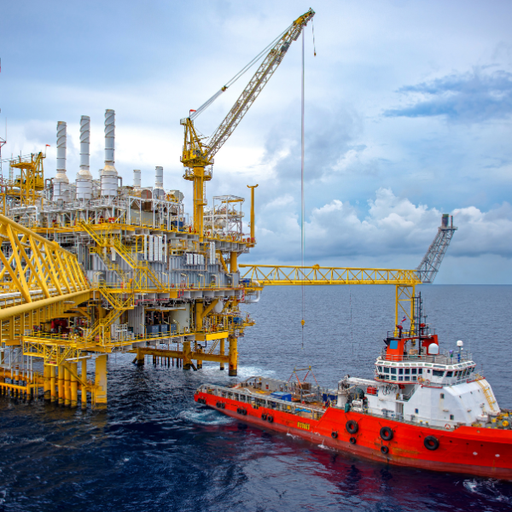
Description:
This training course aims to ensure the understanding of geomechanics related phenomena that affect reservoir exploitation management and safety such as compaction/subsidence, reservoir cover layer fracturing, fault activation, and to be aware of the techniques used in the petroleum industry to mitigate these phenomena.
Contents:
- Introduction To Geomechanics In The Petroleum Industry
- Theoretical Bases Useful for Reservoir Applications
- Impact Of Geomechanics On Reservoir Safety & Management
- Application
- Summary, Synthesis & Wrap-Up
Designed For: Petro physicists, geophysicists, geologists and petroleum engineers .
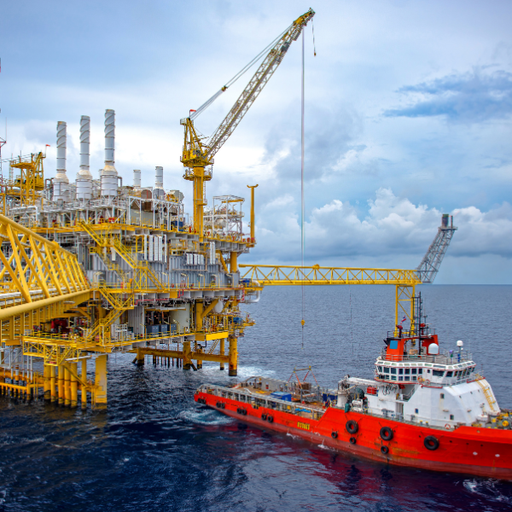
Description:
This course provides participants with an understanding of current borehole imaging tools and modern interpretation techniques. This training is also available as a 3-day foundation course
Contents:
- Introduction To Borehole Imaging Log
- Borehole Image Tools & Quality Control
- Borehole Image Interpretation: Case Study
- Summary, Synthesis & Wrap-Up
Designed For: Petro physicists, geologists and petroleum engineers
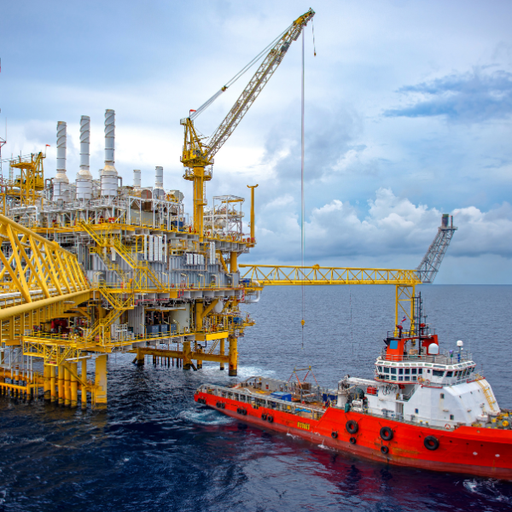
Description:
This course provides knowledge and understanding of the petrophysical aspects of tight reservoirs. This course can be delivered as a 3-day course for foundation level.
Contents:
- Tight Reservoirs
- Tight Reservoir Challenges
- Formation evaluation and characterization
- Tight Reservoir Petrophysics Workshop
- Summary, Synthesis & Wrap-Up
Designed For: Summary, Synthesis & Wrap-Up
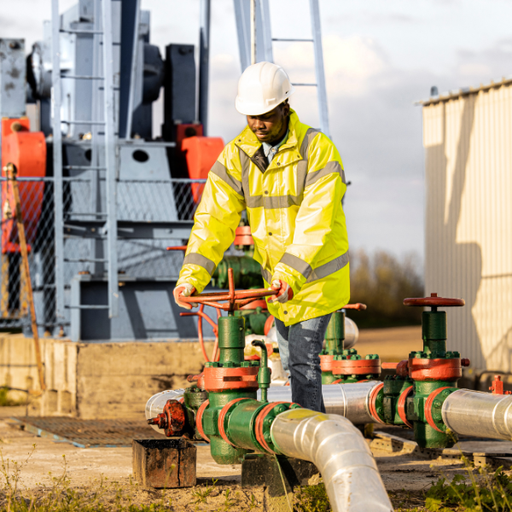
Description:
This course aims to cover the fundamental aspects of Well Stimulation whose main objective is to repair formation damage and improve well production. Detailed understanding will be conducted on formation damage and its impact on well production performance, stimulation techniques, their advantages, and disadvantages. Stimulation job execution, monitoring and evaluation will be discussed with an emphasis on HSE considerations.
Contents:
- Reservoir Performance
- Formation damage
- Acidizing
- Hydraulic Fracturing
- Case studies
Designed For: Petroleum Engineers, Reservoir engineers, Production Engineers , Production Technologist, Field Engineers, Development Geologist, Field Engineers, Oil Field Technical Staff, production managers and other technical or operational staff who are involved in acidizing and fracturing operations.
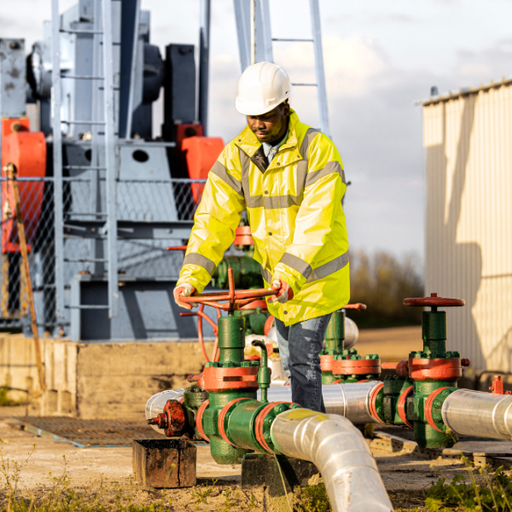
Description:
This course provides advanced concepts of gas lift system, design, equipment and troubleshooting. The curriculum is based on relevant case studies and is accompanied by numerous training exercises and practical field examples.
Contents:
- Production System Analysis & Artificial Lifting Theory
- Gas Lift Technology
- Downhole Equipment
- Gas Lift System Design
- Gas lift systems diagnosis, practical troubleshooting and optimization
Designed For: Petroleum engineers, production engineers, other technical and operational staff from other disciplines, who are interested in learning the concepts of gas lift technology.
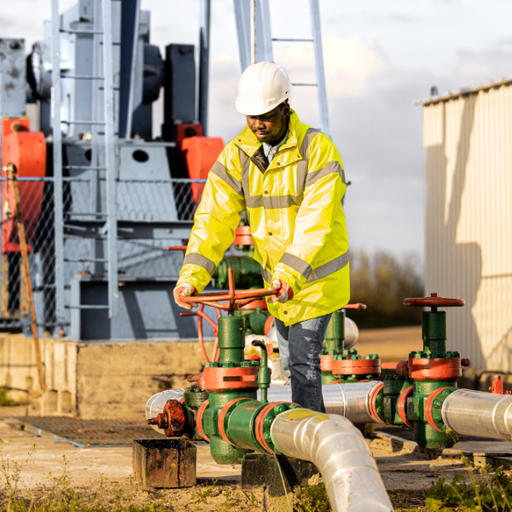
Description:
This advanced course is designed for those who have a theoretical and practical understanding of the applications of ESP artificial lift technology and want to expand their knowledge. This course provides in depth knowledge of the design and installation of the ESP used in aggressive environment application, delegates can learn how to optimize and troubleshoot ESP Installation. This course is designed also to provide recommendations for designing ESP systems for special applications.
Contents:
- Well and reservoir performance fundamentals: fluid properties and characterization
- ESP components
- ESP design and applications in special conditions
- ESP Installation and Troubleshooting
- Bottomhole Pressure Calculations
- Power Efficiency of the ESP System
- Monitoring and Troubleshooting of ESP Installations
- Special ESP Installations
- Emerging Technologies
Designed For: Petroleum engineers, production engineers, other technical and operational staff who are involved in production optimization
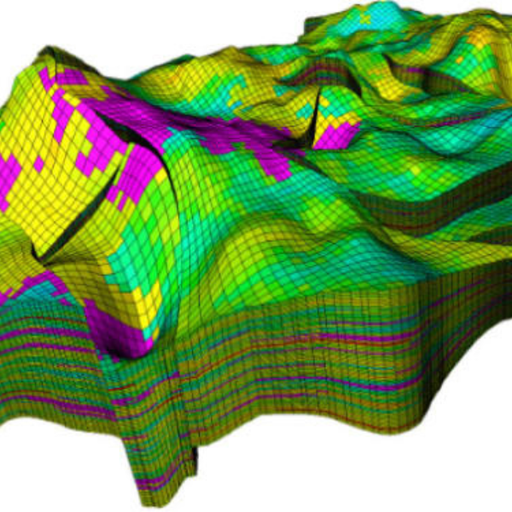
Description:
This course will present the various reserve estimating methodologies, elaborate the difference between resources and reserves. It will also explain the classifications and definitions of these reserves and resources, along with a guideline for the application of these definitions. PRMS, SPE, WPC, AAPG, SEC, and other guidelines will be discussed.
Contents:
- Classifications and definitions of reserves and resources.
- Deterministic and probabilistic definitions.
- Reserves estimation methodologies
- Classifications and definitions of reserves and resources.
- Deterministic and probabilistic definitions.
- Reserves estimation methodologies
Designed For: Reservoir engineers, Production engineers, Geologists, Geophysicists, Economists, Facilities engineers, asset managers
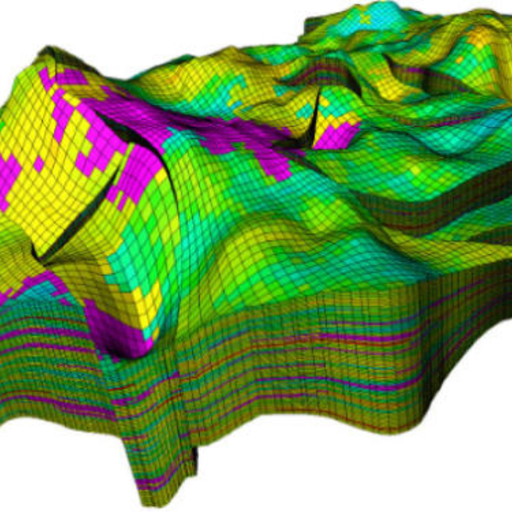
Description:
This course provides an in-depth understanding of the concepts and practices of advanced well test design and analysis used to improve interpretation skills by developing key reservoir parameters from well pressure transient tests. Interpretation methods will be applied to vertical and horizontal wells in homogeneous, layered, naturally and hydraulically fractured, and compartmentalized reservoirs. Numerous training exercises and practical field examples will be used throughout the course to reinforce the concepts and interpretation method. This course is designed to be a practical course.
Contents:
- Review of Fundamentals concepts of Well Test Analysis
- Modern Techniques of Well Test Analysis
- Well testing in Hydraulically Fractured Wells
- Gas Well Testing
- Well testing in Naturally Fractured Reservoirs
- Well testing in Multilayer and Composite Reservoirs
- Multiphase Flow, Multidate Tests, Partial completion
- Well testing in Slanted and Horizontal Wells
- Injection Well testing
- MDT Tool: Pressure Analysis
- Well Test Design
Designed For: Reservoir engineers, petroleum engineers, Well test engineers, Production engineers, other technical staff who are interested in applying advanced and modern interpretation techniques to analyze pressure transient tests.
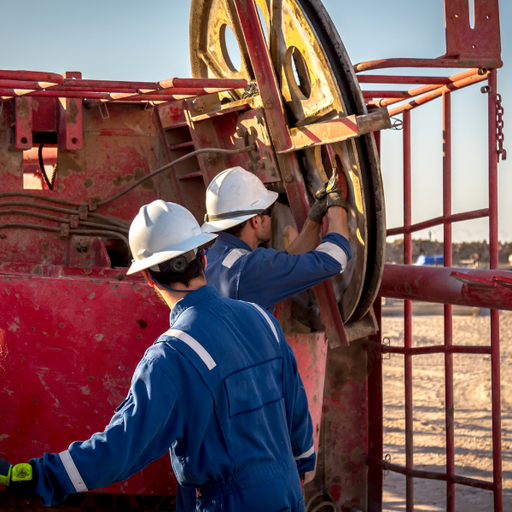
Description:
This course covers the fundamental aspects and practices of geomechanics and its important role in the well design and construction process. The course addresses details of the rock mechanics and earth stresses, and how in situ stresses can be determined from laboratory and log data. Other topics that will be covered in this course include the concept and construction of Mechanical Earth Models (MEM), geomechanical aspects of lost circulation, wellbore instability issues, Well Inclination and Depletion Effects. By the end of the course, participants will be able to plan for wellbore stability, implement geomechanics solutions in the well design and construction process, understand the concepts of wellbore strengthening. The course will include practical exercises and evaluation of knowledge gained.
Contents:
- Introduction to Rock mechanics and its applications in drilling operations
- Fundamentals of rock mechanics and earth stresses
- Laboratory Testing
- Log Based Parameters
- Pore pressure
- Construction and utilization of a Rock Mechanical Earth Model
- Wellbore instability issues
- Planning for wellbore stability
- Geomechanical aspects of loss of circulation
- Well Inclination and Depletion Effects
Designed For: Drilling and completion engineers, and all technical and operational staff who are engaged in well design, drilling and completion operations.
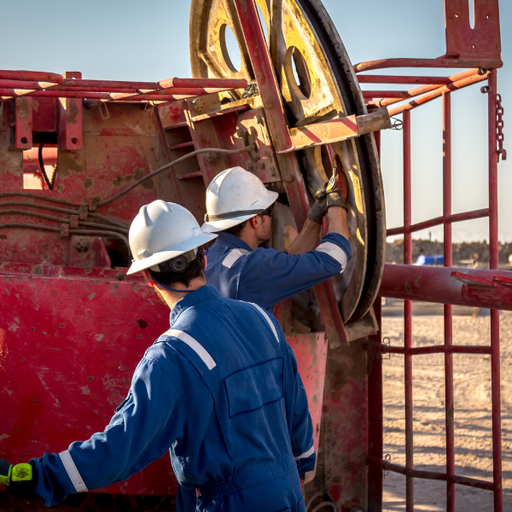
Description:
This course provides the conceptual and operational aspects of Deepwater Well design and construction. Deepwater Rigs types and Selection Criteria are discussed along with drilling equipment systems, Deepwater environment challenges and the related drilling issues and hazards. A geology overview is given together with wellbore stability and well design including casing design, drilling fluids and cementing. Other topics will be covered in this course including Well control, BOP equipment and well completion
Contents:
- Introduction to Deepwater Well Design and Construction
- Deepwater Rigs and Selection Criteria
- Location and Geology Deepwater Drilling
- Overburden removal and Compaction
- Pores and fractures
- Deepwater Equipment Systems
- Drilling from a Floating Vessel
- station-keeping
- Wellheads and Casing
- Blowout Preventers
- Risers
- Motion Compensation
- Riserless Drilling
- Deepwater Drilling Fluids
- Subsea completions, processing, control systems, well maintenance, and seafloor processing.
- Deepwater Cementing Operations
- Deepwater Drilling Problems and Hazards
- Well Control issues, Management, Equipment and Techniques
- Emergency Response Planning and Contingency Management
- Abandonment of subsea wells.
Designed For: Drilling professionals staff who are interested in the Deepwater well engineering, planning and drilling operations
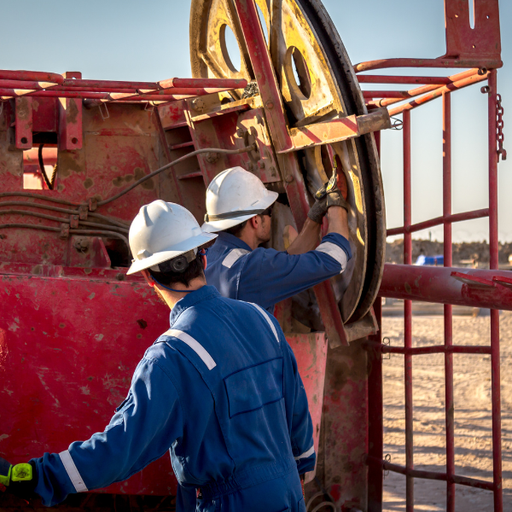
Description:
This course provides an understanding of the aspects of High-Pressure and High-Temperature (HPHT) drilling and completion operations. It introduces the fundamental challenges associated with HPHT drilling and completions throughout the well design and drilling operations. It develops the principles of HPHT well engineering from rig selection through well control and HPHT considerations for casing design, drilling fluids, cement operations and completion.
Contents:
- Introduction
- Well Design
- Rig Equipment
- Well Operations
- Testing and Completions
Designed For: Drilling professionals staff who are interested in the HPHT well engineering, planning and drilling operations
Our Clients
Shared Vision, Shared Success!
